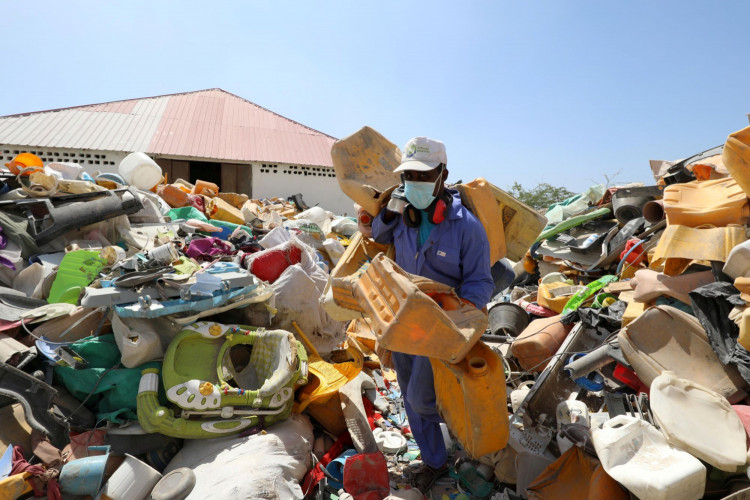Hobart announced the implementation of the ban on single-use plastics after its council voted to enforce the mandate on non-compostable food packaging. The order would be valid starting 2021 and is regarded as the first city in Australia to implement the same.
Hobart has decided to ban single-use plastics while member European Union states would follow suit by 2021. Canada also observed the same mandate by prohibiting the use of plastic straws, cutlery, and bags within its jurisdiction.
In China, plastic bags across its cities and towns would also be banned starting in 2022. Restaurants were even compelled to reduce their dependence on single-use plastics by 30 percent come 2025.
On the other hand, the Australian government also wants to impose a similar law and would introduce the same to its parliament this year. The Australian Capital Territory (ACT) also manifested a similar interest as Queensland is also set at banning plastic straws, cutlery, and a plastic plate. It also showed that it wants to ban other items such as coffee cups.
The Australia-wide ban was already imposed back in 2018 during a Senate inquiry. The inquiry recommended the implementation to be imposed within the next five years since then. The nation's Prime Minister, however, noted that there is more to do before the execution could be rendered capable and ready for imposition.
The report claimed that about 40 percent of plastics consumed worldwide have the single-use feature. These include items such as cutlery, food containers, plastic plates, and electronics packaging.
The Hobart City Council's mandate would ban all non-compostable items in food packaging as compliance with the Environment Protection Authority Tasmania. The region was said to consume about 50 percent of plastic as garbage.
The said ban would eradicate 10 million single-use plastics out of the waste and litter stream each year in Hobart. Furthermore, the ban would also include tubs, lids, cups and cup lids, cutlery, stirrers, straws, packets, and sachets.
The council found that the average increase in costs for businesses to observe the ban would be 200 to 300 AUD per year. According to Counselor Bill Harvey, people must keep solid waste segregation and have bins that segregate compostable items.
He added that people of Hobart are slightly prepared to outweigh the extra costs to comply with the mandate. He also claimed that the benefits from the imposition would significantly reduce solid waste in the region.
In other news, All Point Bulletin reported that Washington state also banned single-use plastic bags within its jurisdiction. The legislature recently passed the law and the corresponding penalties imposed on non-compliant individuals and businesses.






